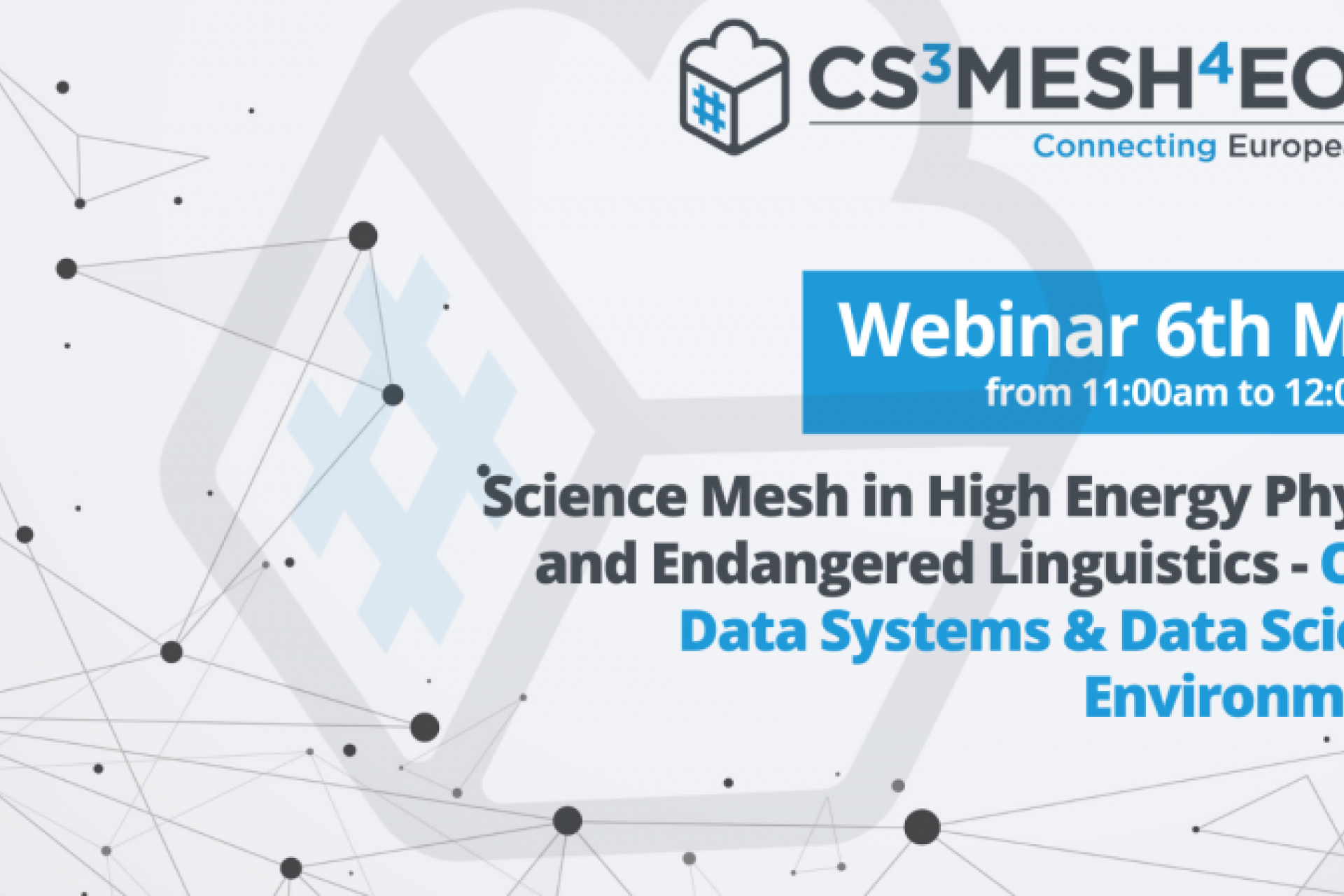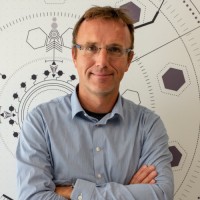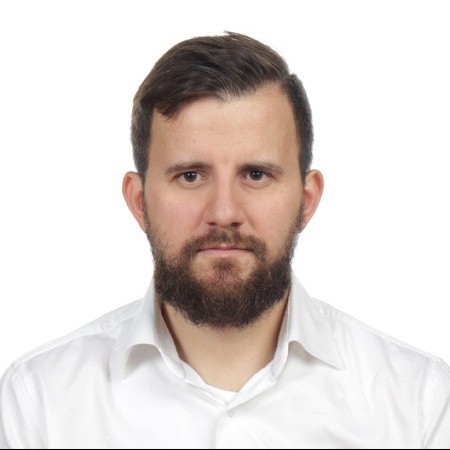Science Mesh in High Energy Physics and Endangered Linguistics - Open Data Systems & Data Science Environments

The first CS3MESH4EOSC webinar, entitled “Science Mesh in High Energy Physics and Endangered Linguistics - Open Data Systems & Data Science Environments” is taking place on 6th May from 11:00 am-12:00 pm CEST. The webinar will showcase how the Science Mesh is integrating both data science environments and open data repositories into the federated Science Mesh, supporting the collaboration of distributed science teams across disciplines. Exemplary benefits of this integration in Humanities and High Energy Physics fields will be presented by real use-cases that are already getting societal and scientific benefits from those Science Mesh’s features.
The Science Mesh is a rich ecosystem for frictionless scientific collaboration and access to research services. It aims to be an interoperable platform to easily sync & share, and deploy applications and software components within the full CS3 community to extend functionalities of the service. This will offer researchers opportunities to assemble an efficient, reliable, collaborative and transparent research tool chain while retaining control over their datasets while becoming FAIR compatible.
Who should attend?
- Researchers, data curators and analysts aiming to assemble an efficient, reliable, collaborative and transparent research tool chain, to more easily articulate the impact of their research in the upcoming altimetric policy environment;
- Institutional operators and services looking forward to using an easier long-term data custodianship and seamless access the functionality or the data they require in a transparent way, fully integrated with the in-house services;
- Commercial software developers that aim to develop a new product based on complex, large scale data in virtually all sectors;
- Non-commercial software developers looking for an easier time writing research workflow code against a standardised API to access metadata;
- Policy makers & citizens to get to know standarised tools that facilitate collaboration of citizen scientists and Citizen Observatories, as well as make make FAIR data relevant in the day to day science practice of all researchers.
Agenda
- 5min – Welcome and overview of CS3MESH4EOSC (Jakub Moscicki - CS3MESH4EOSC coordinator and Deputy Group Leader for Storage at CERN)
- 5min – Science Mesh: Unlocking scientific collaboration through technology (Pedro - Technical Coordinator of CS3MESH4EOSC and Product Manager at CERN)
- 5min – Science Mesh core applications - the federated layer (Maciej Brzezniak - Storage and Cloud Systems Architect at PSNC)
- 12min – Collaborative data science: High Energy Physics and beyond (Marcin Sieprawski - Head of Big Data Lab at Software Mind)
- 12min – Guarantee long-term usefulness thanks to metadata: Endangered Linguistics with PARADISEC (Guido Aben - Director of eInfrastructure Partnerships at AARNet)
- 10min – Questions and Answers
- 5min – What's next & Closing Remarks (Jakub Moscicki - CS3MESH4EOSC coordinator and Deputy Group Leader for Storage at CERN)
Speakers
 | Jakub Moscicki - Deputy Group Leader for Storage at CERN Jakub T. Mościcki is a researcher and software engineer at CERN, Geneva, Switzerland. He obtained a PhD in Computer Science from the University of Amsterdam (UvA). He was involved in designing and developing frameworks for supporting distributed computing for the LHC experiments as well for multidisciplinary applications in theoretical physics, medical and radiation studies, bioinformatics, drug design and telecommunications. He now works in the Data Storage Services group which designs and operates large-scale disk and tape storage for LHC physics data as well as the general purpose filesystems services such as AFS. Jakub is also the coordinator of the CS3MESH4EOSC project |
 | Pedro Ferreira - Product Manager at CERN Pedro holds a Master's degree in Software Engineering from the University of Porto in Portugal. He joined CERN in 2007, where he led, from 2014 to 2020, the Indico Project, an Open Source event management system that is used to host more than 800.000 events at CERN alone and is trusted by more than 250 other institutions worldwide. Since 2020, he is the Technical Coordinator and Leader of Work Package 1 of the CS3MESH4EOSC Project.
|
 | Maciej Brzezniak - Storage and Cloud Systems Architect at PSNC More info soon |
 | Marcin Sieprawski - Head of Big Data Lab at Software Mind Experienced System Architect and R&D Project Manager with 20+ years of enterprise software design and development. Founder and leader of Big Data Lab, focused on R&D, Data Science, data driven innovation and high quality agile software development. His current focus in Big Data innovation is state of a art solution for the management of geo-located data and low-latency services, including GPU-based acceleration of geospatial indexes. |
 | Guido Aben - AARNet eInfrastructure Partnerships Director Guido Aben is AARNet’s director of eInfrastructure partnerships. He holds an MSc in physics from Utrecht University. In his current role at AARNet, he is responsible for building partnerships and fostering collaborations between like-minded entities in international eScience and eInfrastructure, all in order to build services to researchers’ requirements. His current prime interest is in federated large data collaboration systems, but he’s always on the lookout for new diamonds in the rough |